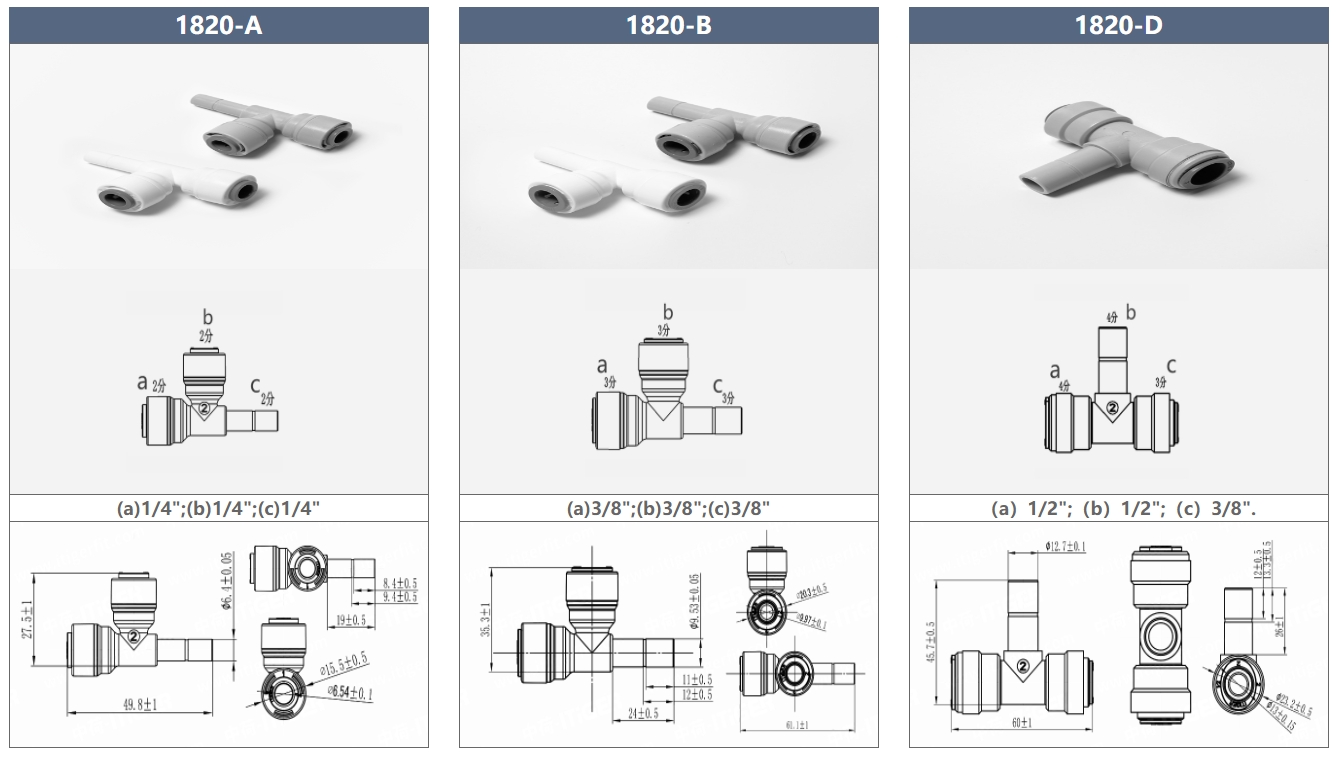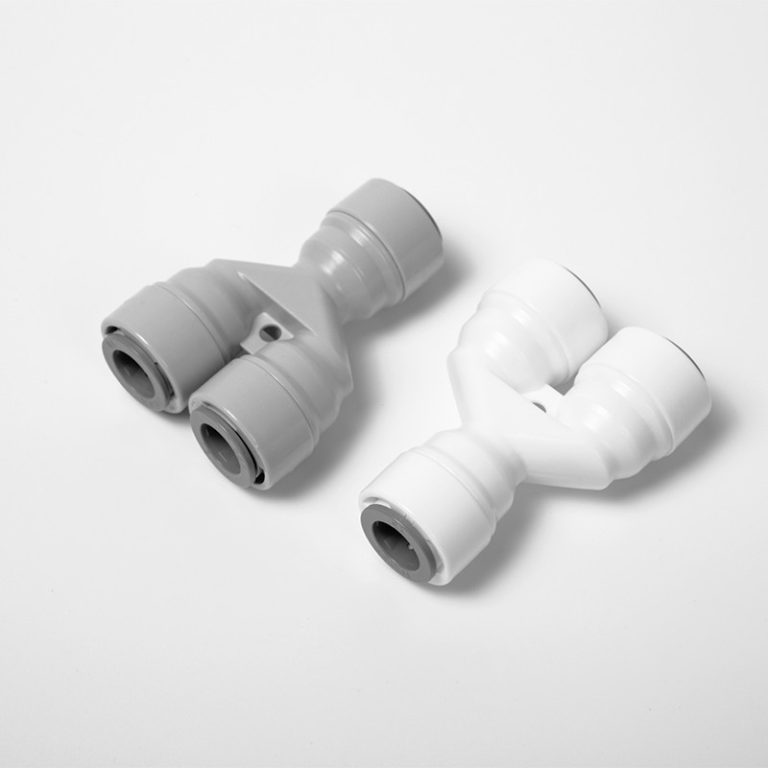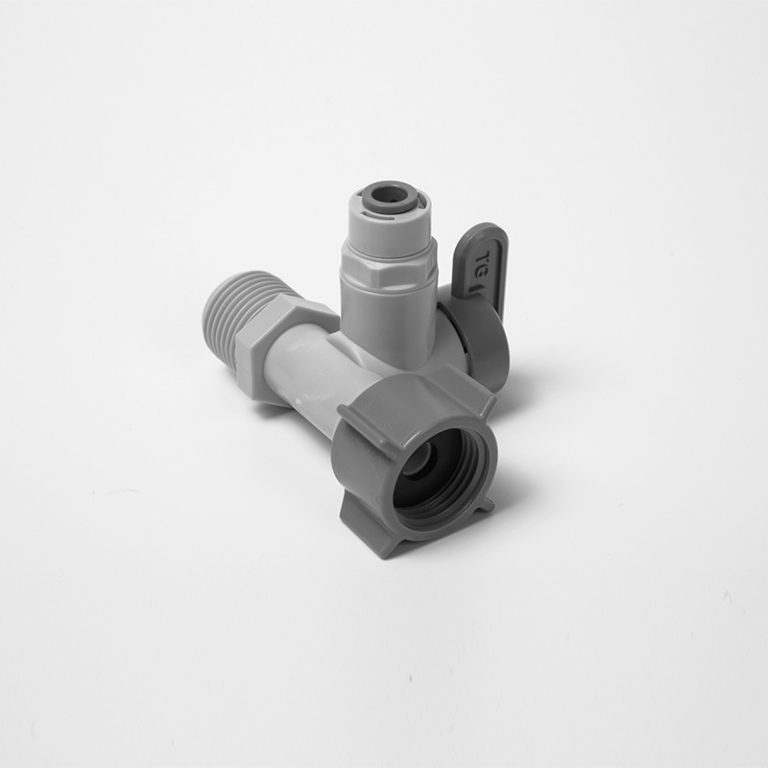Will Water Filter Remove PFAS?
Per- and polyfluoroalkyl substances (PFAS) are a group of man-made chemicals that have been used in a variety of consumer products for decades. These chemicals are known for their resistance to water, oil, and heat, making them useful in products such as non-stick cookware, stain-resistant fabrics, and firefighting foam. However, PFAS have also been linked to a range of health issues, including cancer, immune system disorders, and developmental delays.
| Model | Tube(a) | Stem(b) |
|---|---|---|
| 1801-A | 1/4 | 1/4 |
| 1801-C | 1/4 | 3/25 |
Given the potential health risks associated with PFAS exposure, many people are understandably concerned about the presence of these chemicals in their drinking water. One common question that arises is whether a water filter can effectively remove PFAS from tap water.
The short answer is yes, certain types of water filters can remove PFAS from drinking water. However, it is important to note that not all water filters are created equal when it comes to removing these chemicals. In general, activated carbon filters are the most effective at removing PFAS from water.

Activated carbon filters work by adsorbing contaminants onto a porous surface, effectively trapping them and preventing them from passing through the filter. This process is particularly effective at removing organic compounds like PFAS from water. In fact, studies have shown that activated carbon filters can remove up to 99% of PFAS from drinking water.
| Model | Tube(a) | Stem(b) |
|---|---|---|
| 1801-A | 1/4 | 1/4 |
| 1801-C | 1/4 | 3/26 |
It is worth noting that not all activated carbon filters are equally effective at removing PFAS. Some filters are specifically designed to target PFAS and other emerging contaminants, while others may be less effective. When choosing a water filter, it is important to look for one that is certified to remove PFAS by a reputable organization, such as the National Sanitation Foundation (NSF) or the Water Quality Association (WQA).
In addition to activated carbon filters, reverse osmosis systems are also effective at removing PFAS from water. Reverse osmosis works by forcing water through a semi-permeable membrane, which traps contaminants like PFAS on one side while allowing clean water to pass through on the other. Studies have shown that reverse osmosis systems can remove up to 99.9% of PFAS from drinking water.
While activated carbon filters and reverse osmosis systems are effective at removing PFAS from water, it is important to remember that no water filter is 100% foolproof. Regular maintenance and filter replacement are essential to ensure that your filter continues to effectively remove contaminants from your water.

In conclusion, water filters can be an effective tool for removing PFAS from drinking water. Activated carbon filters and reverse osmosis systems are particularly effective at removing these chemicals, with studies showing removal rates of up to 99%. When choosing a water filter, be sure to look for one that is certified to remove PFAS by a reputable organization. And remember, regular maintenance and filter replacement are key to ensuring that your filter continues to provide clean, safe drinking water for you and your family.






